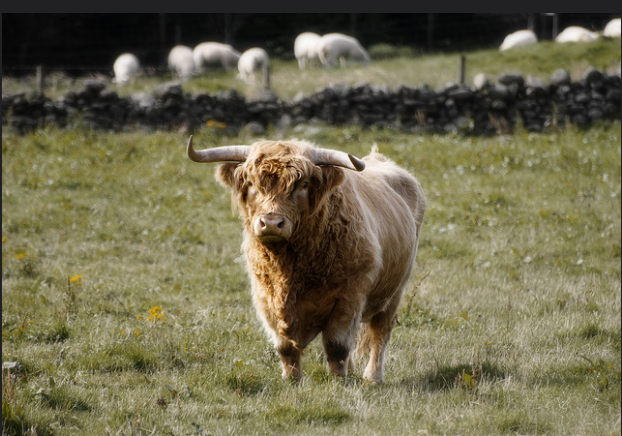
It's been said that veganism is the biggest trend of 2018. There has been a global increase in numbers when it comes to uptake, for reasons such as health and animal rights. But if your main ethical concern is caring for the environment, going vegan is not the simple solution it might seem.

The impact of eating less meat on the environment
Growing crops for animals to eat, feeding the animals and cleaning farms uses a staggering amount of water. In fact, it's estimated that so much is used that just one person going vegan for a year could save 219,000 gallons of water. Land use is also another problem, as is pollution due to toxins released into the air during farming processes.
Potentially the most concerning statistic is that 51% of greenhouse gasses are caused by the agricultural industry. Eating meat could be majorly impacting climate change.
The practicality of following a vegan diet
Going vegan is a fantastic solution, but whether it is possible for the average person has been a hotly debated matter. Yet veganism has become so popular that, when shopping in grocery stores, going to a restaurant or getting a takeaway, there are countless more options for subscribers to this lifestyle, including many fully vegetarian or vegan restaurants.
A range of cuisines are getting in on the action and, as you can see from deliveroo.ae, vegans are no longer limited when making dining choices. Asian food is often vegan-friendly as it's laden with coconut cream and veggies, but even western foods like burgers and pizzas can now be made cruelty free.
The adverse effects of a mass uptake of veganism
Nothing is perfect. Due to the increased demand for vegan staples like avocado and quinoa, there is a shortage in production. From a moral standpoint, this poses a dilemma: it's now too expensive for those living locally to where these products are produced to afford them. In fact, prices of quinoa are now three times as much due to increased demand and less supply.
We have to ask ourselves if we are being sustainable, because that is the fulcrum of being ethical. Vegans should try and buy produce sourced locally, to reduce their environmental impact in addition to helping the local community.
Other environmental concerns
Of course, if you're going vegan because you're worried about the environment, you should probably have your finger on the pulse when it comes to other environmental matters as well. The current level of plastic in the world's oceans is the biggest worry. Too much is being produced, with over 8 million tons ending up in the oceans. Estimates say that 50% of plastic is single-use: efforts need to be made to reduce this unnecessary waste.
It's said that a shocking one million plastic bags are used worldwide per minute. Yet efforts to reduce them can work: in the UK, charging forsingle-usee plastic bags has been a roaring success. Major retailers have reported that consumers used 83% less in the year following the change, with all the proceeds going to charity. We should all make steps to participate in schemes like this.
Whether everyone going vegan would "save" the planet remains to be seen. But one's thing for sure - doing so would certainly help.
First published: 13 April 2018, 22:03 IST






![BJP's Kapil Mishra recreates Shankar Mahadevan’s ‘Breathless’ song to highlight Delhi pollution [WATCH] BJP's Kapil Mishra recreates Shankar Mahadevan’s ‘Breathless’ song to highlight Delhi pollution [WATCH]](https://images.catchnews.com/upload/2022/11/03/kapil-mishra_240884_300x172.png)

![Anupam Kher shares pictures of his toned body on 67th birthday [MUST SEE] Anupam Kher shares pictures of his toned body on 67th birthday [MUST SEE]](https://images.catchnews.com/upload/2022/03/07/Anupam_kher_231145_300x172.jpg)






